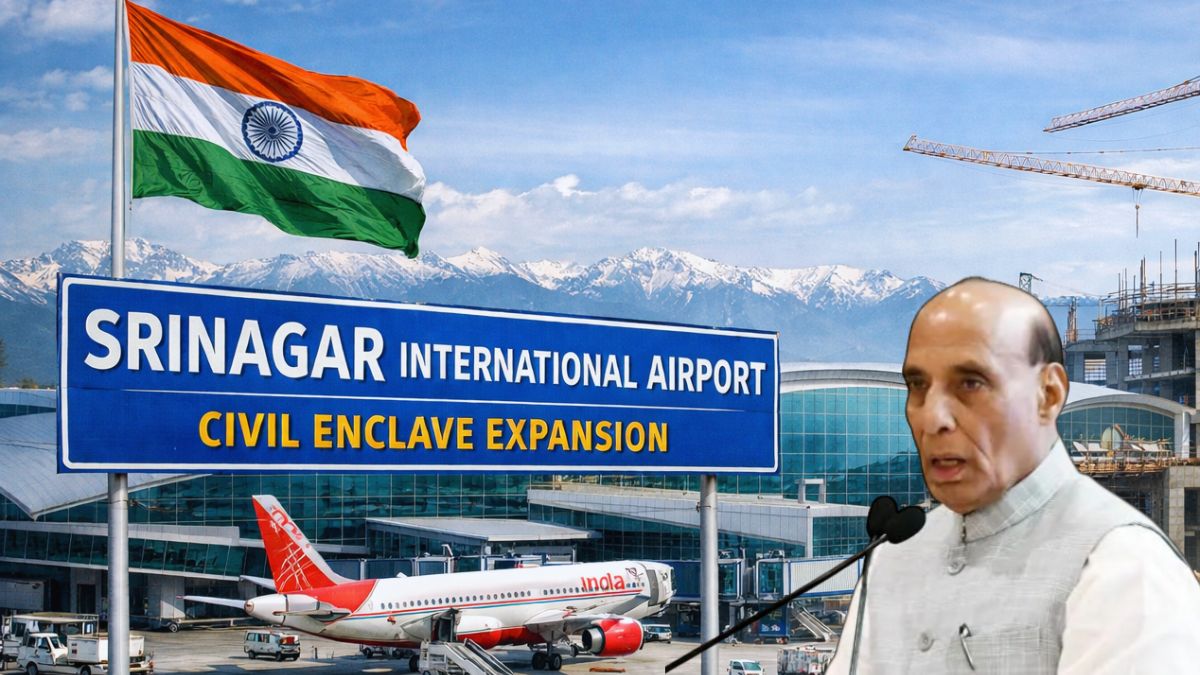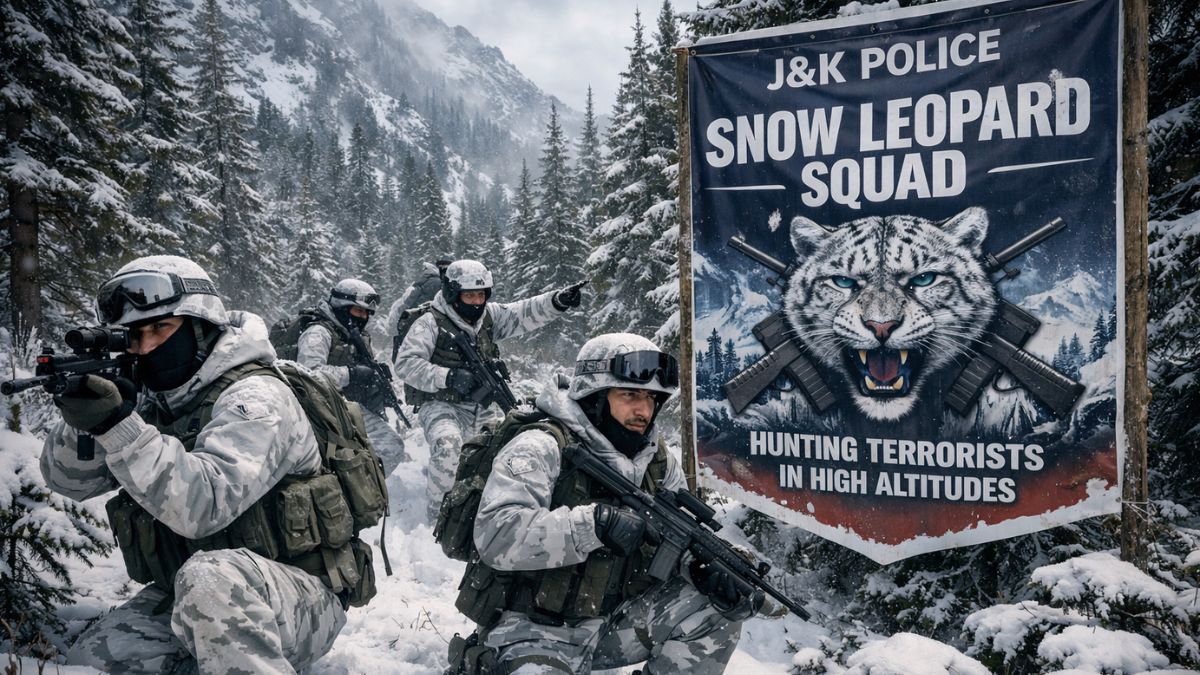Trump Defends Resumption Of US Nuclear Tests, Claims Pakistan and China Secretly Testing; Both Reply

Trump has alleged that countries, including China, Pakistan have conducted underground nuclear tests. Image courtesy: RNA
US President Donald Trump is known for making headlines, almost every day. Now, the 47th POTUS has once again sparked global concern after declaring that the United States will resume nuclear weapons testing for the first time in over three decades, a move he justified by alleging that Pakistan, China, Russia, and North Korea were already conducting secret nuclear tests.
In an interview with CBS News’ 60 Minutes on Sunday, Trump claimed that America’s self-restraint had left it at a strategic disadvantage. “Russia’s testing and China’s testing, but they don’t talk about it. We’re an open society. We’re different. We talk about it because otherwise you people are going to report,” Trump said.
“We’re going to test because they test and others test. And certainly, North Korea’s been testing. Pakistan’s been testing.”
Why is US resuming nuclear testing?
According to President Trump, resuming nuclear weapon tests was vital to ensure the reliability and safety of the US nuclear arsenal, particularly in light of what he described as recent trials of advanced nuclear-capable systems by Russia. “You have to see how they work… We’re the only country that doesn’t test. And I don’t want to be the only country that doesn’t test,” he stated.
Worth mentioning here is that the last full-scale US nuclear test was conducted in 1992. Trump’s sudden announcement, made on social media minutes before meeting Chinese President Xi Jinping in South Korea last week, caused confusion in Washington, prompting clarification from US Energy Secretary Chris Wright, who said the administration was discussing “non-critical system tests,” not live detonations.
Is Pakistan really testing nuclear weapons?
Pakistan swiftly rejected Trump’s remarks, reaffirming its long-standing position of restraint on nuclear testing. A senior Pakistani official told CBS News that Islamabad remains committed to a policy of “no first testing.” “Pakistan was not the first to carry out nuclear tests and will not be the first to resume nuclear tests,” the official said.
Islamabad conducted its first and only series of nuclear tests in 1998, following India’s Pokhran-II tests. Since then, Pakistan has maintained a self-imposed moratorium on further testing and has regularly expressed support for regional stability and responsible nuclear stewardship.
How did China react to Trump’s allegation?
China also strongly denied Trump’s claim, calling it “completely false” and accusing Washington of undermining global arms control norms. Foreign Ministry spokesperson Mao Ning said Beijing adheres to a self-defensive nuclear strategy and has consistently upheld its moratorium on nuclear testing.
“As a permanent member of the UN Security Council and a nuclear-weapon state, China adheres to a policy of no first use of nuclear weapons, maintains a self-defensive nuclear strategy and has honoured its commitment to suspend nuclear testing,” Mao said, as quoted by Global Times.
She further urged the United States to honour its own obligations under the Comprehensive Nuclear-Test-Ban Treaty (CTBT), which bans all nuclear explosions. “We hope the United States will also maintain its moratorium on nuclear testing and contribute to global stability,” Mao added.
What does Trump’s move mean for global security?
Trump’s justification for resuming nuclear testing has reignited fears of a new arms race, especially as global powers remain divided over disarmament commitments. Experts warn that a US return to testing could erode decades of non-proliferation progress and provoke retaliatory measures from rival nuclear powers.
With both Pakistan and China rejecting the accusations, and Russia and North Korea yet to comment, the controversy underscores the fragility of the global nuclear restraint framework.







